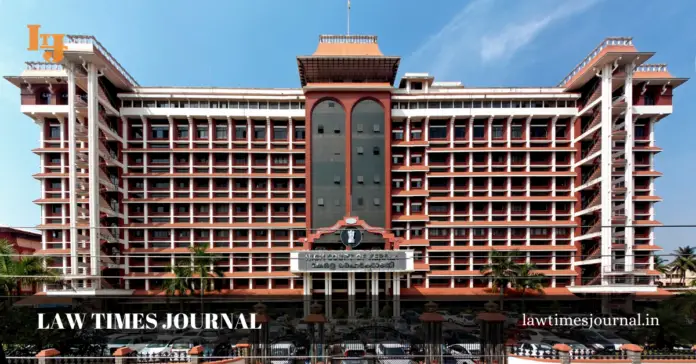
In response to a petition challenging the legitimacy of Section 494 of the Indian Penal Code (IPC), which makes it illegal to marry someone who is already married to someone else, the Kerala High Court issued a notice to the Kerala government.
On the plea filed by the father of a lady accused of marrying someone while she had just filed for divorce from the respondent-husband but the marriage was still valid in the eyes of the law, Justice K Haripal issued notice to the respondents.
As a result, the petitioner, his daughter, and other family members have been charged with criminal offences under IPC Sections 494 and 34. This caused the petitioner to file a plea with the High Court, through attorney PG Jayashankar, challenging Section 494’s constitutional validity as well as the scope of Section 17 of the Hindu Marriage Act, which states that any Hindu who commits bigamy is subject to Section 494 of the IPC.
The petitioner’s case is based on three fundamental points:
1. The IPC is designed to be a secular law that applies to everyone, subject to Sections 3, 4, and 5, regardless of caste, creed, sex, religion, ethnicity, or nationality.
To put it another way, an act cannot be an offence to some people but not to others. However, the petitioner claims that Section 494 basically classifies people according to their personal law and selectively criminalises the conduct of second marriage depending on that law.
According to the plea, “Section 494 of the IPC is the only provision of law that criminalises an act exclusively on the basis of relevant personal law and discriminates against people of other religions.” As a result, it is argued that it violates Article 14 of the Constitution.
2. According to the petitioner, Section 494 is the only crime that lacks the requirement of mens rea, or criminal intent. As a result, it is classified as a strict responsibility offence. “A person being prosecuted and punished for an offence without a culpable mental state being necessary is unreasonable, illegal, and arbitrary, and it is a violation of Articles 14 and 21 of the Constitution,” the plea stated.
3. Section 494 is arbitrary in that it recognises the legitimacy of a future marriage based on applicable personal laws as an exception to the prosecution of a crime that Hindus, Christians, and other non-Muslim communities do not have.
As a result, the Section’s applicability runs against the fundamental precepts of the constitutional requirement of equality. Furthermore, the petitioner stated that the fact that bigamy is not a universal offence suggests that it should not be criminalised. To summarise, it was argued that the lack of mens rea and the fact that bigamy is not a crime for a segment of the population demonstrate that the act of bigamy has no intrinsic criminality. “At the absolute least, bigamy should be considered a basis for divorce rather than a criminal offence.” Because bigamy is a private matter relating to the matrimonial domain, criminalising it does not serve the objective of preserving the marriage’s dignity “The petition stated.
The petitioner further called the Court’s attention to the fact that cohabitation between married people is not illegal. However, if cohabitation occurs after a formal arrangement, such as marriage, it is illegal.
In that light, it was argued that keeping bigamy as a crime is not only antiquated but also arbitrary and illegal.





